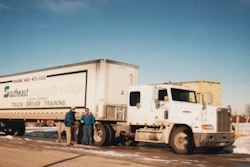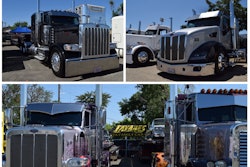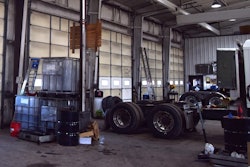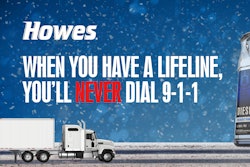It happened again. This time, it was a dispatch provider or someone pretending to be a dispatch provider (as was initially thought) for one among insurance agent, past owner-operator and Overdrive Extra contributor W. Joel Baker's client trucking business owners.
The provider or pretend provider called Baker asking for the owner's certificate of insurance (COI). The request itself from anyone other than the insured always raises red flags for him -- he wrote about that reality here back in May. Those certificates can be one among many potential vectors for business identity thieves who might then fairly easily do one of many things to eventually ruin your credit rating -- and credibility as a carrier.
"The whole thing’s wide open what they can do once they have that info," Baker said, as he also wrote about the rash of identity thieves at the seedy margins of the business booking loads posing as carriers, taking a fuel advance or worse, posing as a broker to then double-broker the load to a real carrier, making off with the entire load payment before disappearing into the online ether.
In this case, though, the provider that requested the COI turned out not to be someone posing as a dispatch provider, but the owner-operator's actual partner, who'd been previously duly instructed by the owner-op that all COI requests had to go directly through him as the insured. "They were given specific instructions by the owner-operator not to contact me for a COI," Baker said. Talking to the owner-op further, later, Baker also learned that the dispatcher had "requested to be named on the policy as someone with the ability to make changes" to the policy, "so they could do whatever they wanted to his insurance."
[Related: Safeguard your trucking business' certificate of insurance to avoid becoming ID theft victim]
Why would they do that? Baker offered a hypothetical that it might give the dispatcher the ability to adjust things on the fly to cover a $2 million policy limit requirement for a given load, when his client otherwise carried only $1 million. If the dispatcher could make changes, then the "owner-operator would have no recourse there not to [almost] double his own premium."









